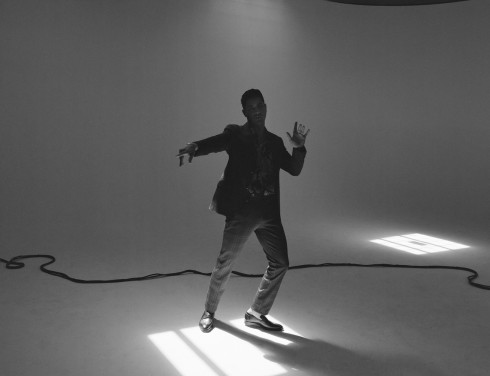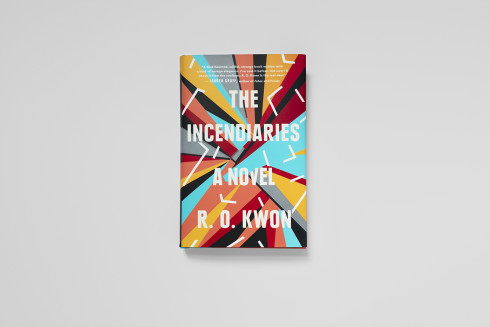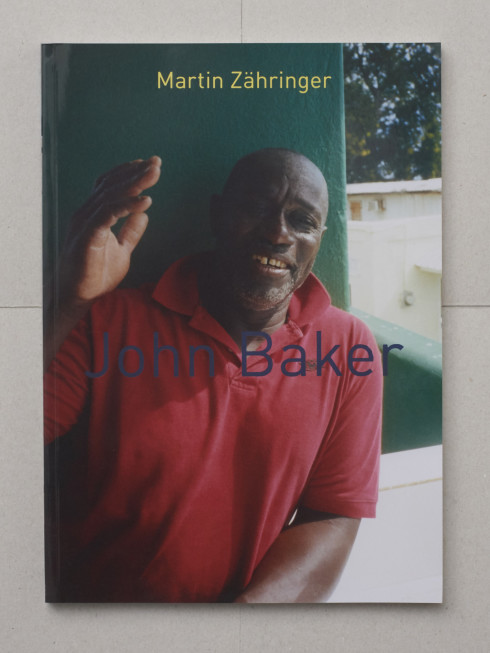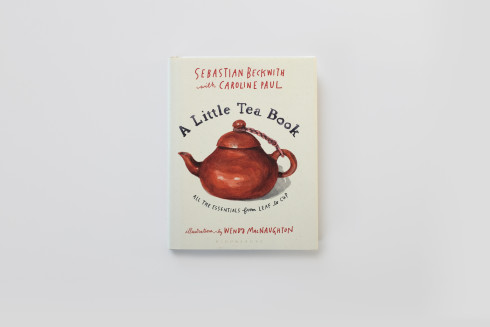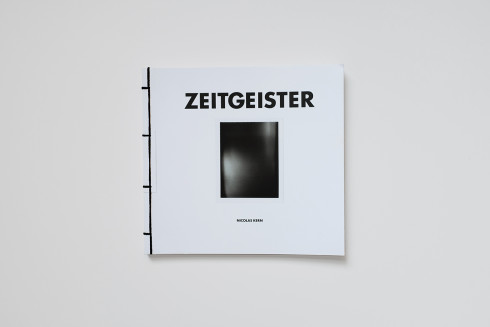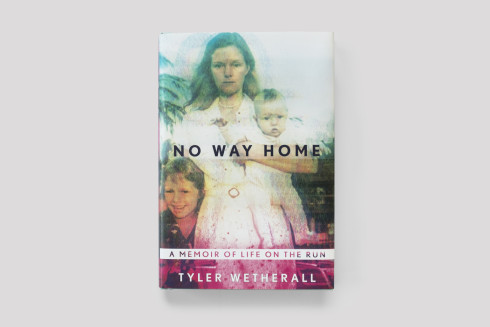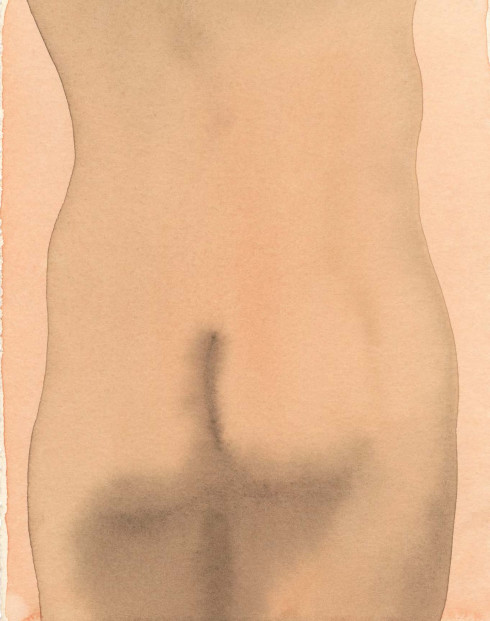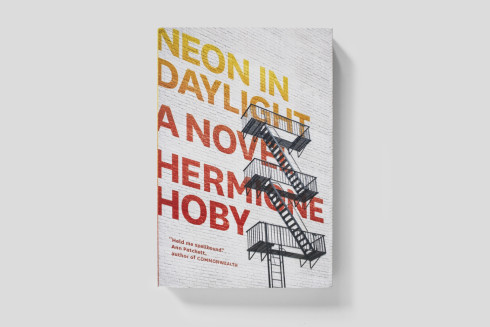KARL KNAUSGÅRD’S ‘MY STRUGGLE’
Steel-toed, ten-eyed jungle boots carried me through my teens. Serious shit-kickers, these Gripfasts, though I pampered them like Gucci slip-ons. Every Sunday evening I massaged Meltonian shoe cream into their coarse grained leather with an Oral-B toothbrush. I worked the bristles in tight circles, allowing the polish to settle for ten minutes before buffing it to a sheen that would have wowed even the most punctilious drill sergeant.
Folks on the street tended to be less admiring. My shock troop footwear compounded with a Gestapo haircut and thuggish muscles provoked heckling that ultimately persuaded me to shop for Converse. Try to fathom, then, the hostilities that a man with a shaved head endures carrying Norwegian author Karl Knausgård’s memoir—My Struggle—on the L train. Commuting is my sole opportunity to read, and after my first fraught rides with the book, I wondered if I would have to forsake it as I had abandoned my beloved boots. Soon, however, I found myself deaf to rumble of the subway, deaf even to the scorn of fellow passengers, and absorbed utterly in Knausgård’s voice.
Forgive me the anecdotal indulgence above. Maybe my recent immersion in memoir—the genre of disclosure—accounts for me confiding my discomfiting L train experience. A more presumptuous justification: “my” experience with My Struggle, I suspect, is universal. Whether in public or private, there’s something disquieting about handling a book bearing the same title as Adolf Hitler’s screed. It’s a calculated effect that enhances the uneasiness brought on by Knausgård’s absolute candor. Is Knausgård a Courageous Artist, bold enough to expose the ugly facts of himself? Or is he a Brilliant Lout, simply too exhausted by life to dissemble? The book gives us pause to consider both options. Having done so, I assert the former. What electrifies My Struggle is the sense that it was not composed as a solipsistic record, but out of existential urgency; an imperative for catharsis, not chronicle.
“I have always had a great need for solitude,” writes Knausgård. “I require huge swaths of loneliness and when I do not have it, which has been the case for the last five years (as a father), my frustration can sometimes become almost panicked, or aggressive.” Lines like this one make serious demands of us readers: as Knausgård has rallied to the challenge of baring true darkness, so must we rally to the challenge of empathy.
Sometimes it’s easy, especially when Knausgård recounts his youth. He adolesced in terror of a dread father, an alcoholic who, after divorcing Knausgård’s mother, emotionally divorced himself from his son as well. In both geography and feeling, Knausgård’s mother and grandparents were distant. Literalizing this detachment, Knausgård came of age in what would be most teens’ ideal bedroom, a loft atop a building that stood on his father’s property, but that was separate from the house proper. Despite his proclaimed appetite for isolation, poignant is the instance when Knausgård peers through his window, observing his father tipsy at a party. It’s a moment recalled by Knausgård’s final sighting of his living father as spotted from a bus. “Through the window,” writes Knausgård, “I saw him again, he was walking toward the restaurant toward the door at the far end that led to the bars…” Voyeurism proves the closest, or at least the most unguarded, proximity that Knausgård is able to achieve to the being more central to My Struggle than even himself.
Knausgård’s father saturates the author’s every reminiscence. He is the standard against which Knausgård perpetually measures his behavior to ensure that he never becomes the man whose specter oppresses him even now. Father and son do share a host of qualities, most piquantly a sensitivity to drink. Of his first drunkenness Knausgård writes, “It was like an explosion of happiness, nothing held any danger or fear anymore…I thought to myself, this was how I wanted things to be.”
How he does not want things to end, however, is on a feces-smeared couch amidst a landfill’s worth of bottles, jobless and living with his senile mother. These are the circumstances in which Knausgård’s father died. Knausgård’s struggle is thus much more primal than an attempt to understand or forgive a delinquent dad. It’s a struggle to evade his father’s fate. Whereas standard memoirs encapsulate concluded events, Knausgård’s is vitalized by a peril from which the author may never find permanent succor. While I was able to simply step out of the boots that invited harassment, Knausgård—whose autobiography spans six volumes—must write in order to reprieve himself from the threat of his father’s shoes.
Karl Knausgård’s My Struggle is out now from Archipelago Books.

